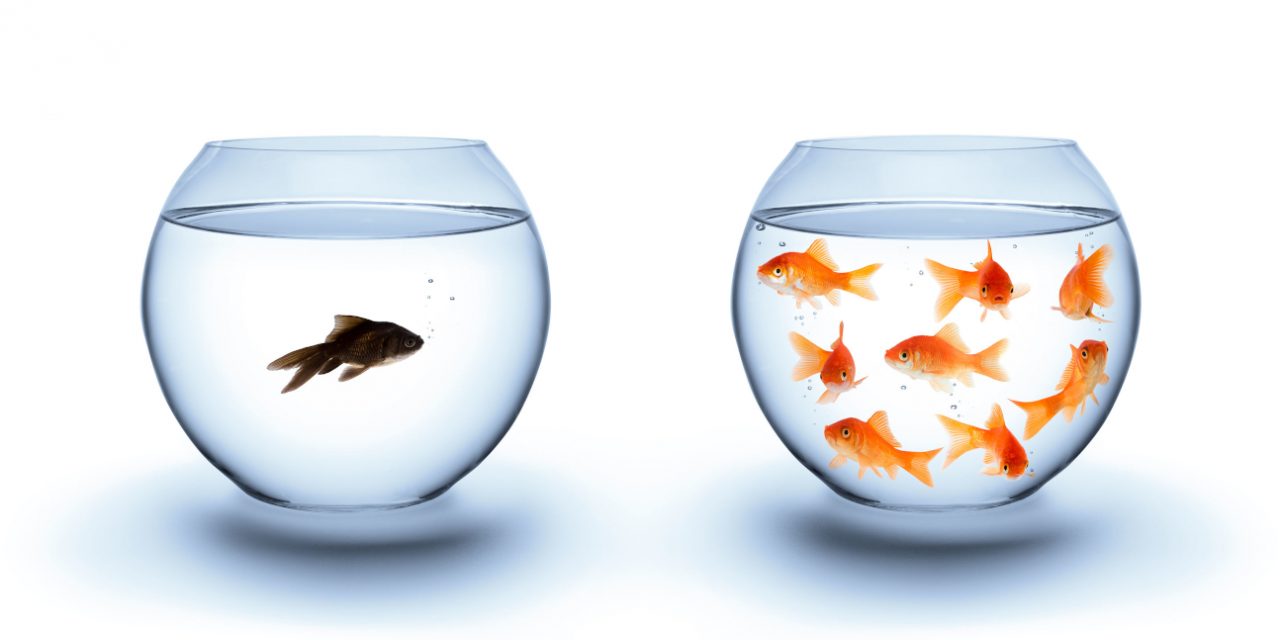By Tammy Marshall
Humans are social beings; we thrive when we are connected. The research from the National Institute on Aging outlines why staying connected is not just a nice thing to do but a necessity for one’s overall health and well-being. By now you’ve read the studies linking depression, heart disease, cognitive decline, and overall poor aging to social isolation and loneliness.
And, you might be wondering how COVID-19 could ever be linked to social isolation (SI). Here’s how, the research on SI found that being alone and loneliness are different, yet related. The best way to understand this is to remember a time when you were in a room full of people and still felt completely alone. Social isolation is objective, (living alone) whereas loneliness is subjective, (feeling alone or separated).
“Loneliness, acts as a fertilizer for other diseases,” states Dr. Steve Cole, Director of the Social Genomics Core Laboratory. His research describes how loneliness has the potential to increase inflammation, which decreases one’s overall immunity. BINGO!! Think about that for 2 more seconds, loneliness, (feeling alone) is linked to your immunity. The strength of our immunity is the first line of defense against COVID-19.
Over the past few weeks, the Experience team at Thrive has spent countless hours equipping and empowering the communities we serve, sharing the recommendations of the Centers for Disease Control (CDC), the World Health Organization (WHO), and Argentum. What’s missing in these recommendations is the first line of defense, strengthening one’s immunity.
As a nurse, it would be blasphemous not to mention how critical handwashing and wiping down surfaces are as a means to protect everyone against COVID-19. At Thrive we’ve moved to elbow bump greetings versus handshakes and hugs. Equally, our Social Network Directors recognize that helping a resident phone a friend during this time is a “booster shot” that keeps on giving long after COVID-19.
Special thanks to Jennifer McConnell, RN, Thrive’s Director of Resident Experience and Scott Smith, Director of Education and Experience, for their leadership during this time.







